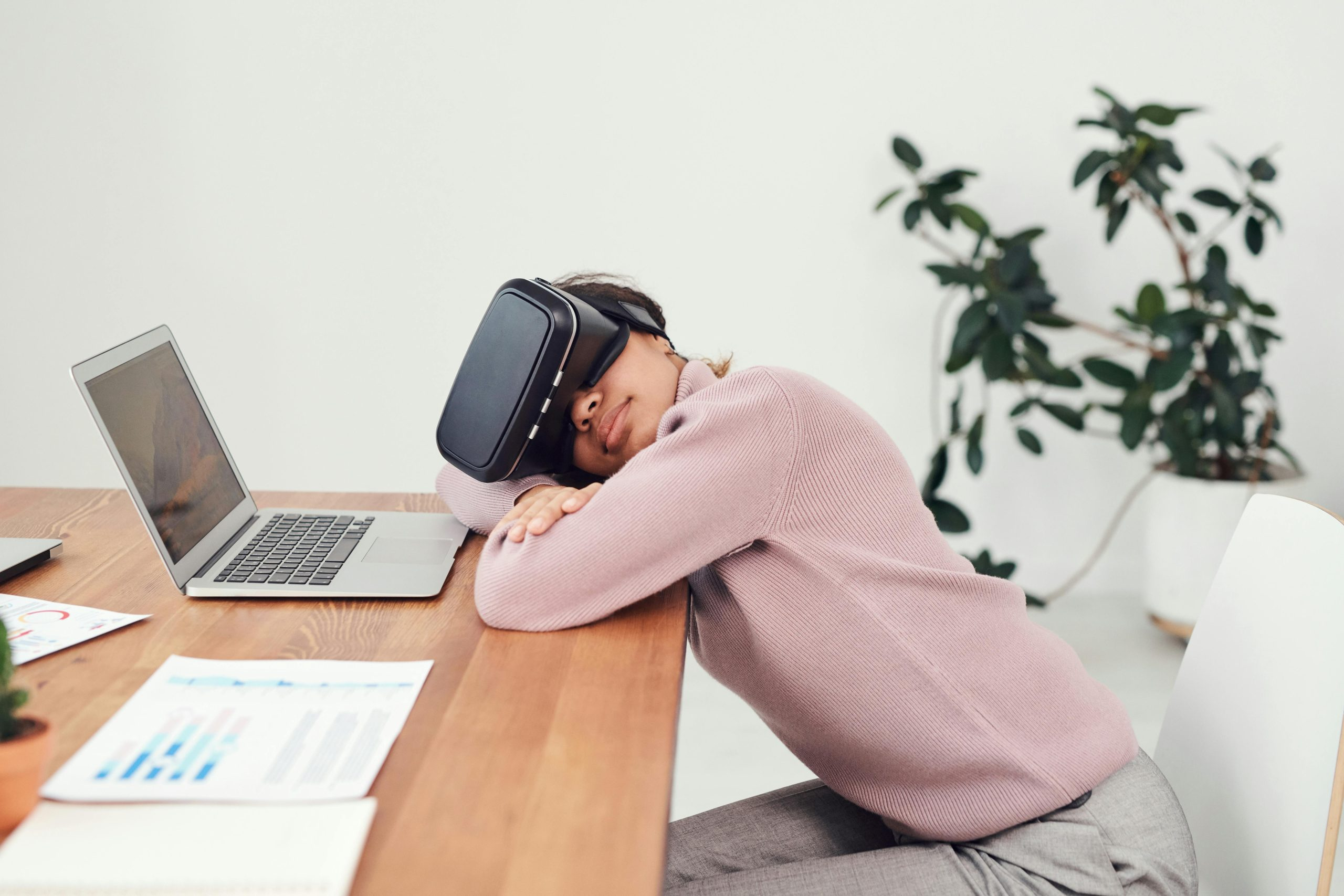From brick-and-mortar to virtual reality, the future of retail
The retail industry has undergone immense transformations over the years, from traditional brick-and-mortar stores to the rise of e-commerce. With the advent of technology, it comes as no surprise that the future of retail lies in virtual reality (VR). From being able to browse through products in a virtual store to experiencing personalized shopping experiences from the comfort of our homes, VR has the potential to revolutionize the retail sector. In this article, we will delve into the concept of brick-and-mortar stores and how virtual reality is reshaping the future of retail.
The Rise of Brick-and-Mortar Stores
Brick-and-mortar stores have been the foundation of the retail industry for centuries, providing consumers with a tangible shopping experience. Walking into a store, browsing through products physically, and having the option to touch, feel, and try on them has been the norm for retail shoppers. Despite the convenience and efficiency offered by online shopping, brick-and-mortar stores have remained relevant due to the personal touch and experience they provide.
These physical stores have also been the primary channel for retailers to interact with their customers and build brand loyalty. However, with the rise of e-commerce, traditional retailers have faced increasing competition and declining foot traffic. This has forced them to rethink their strategies and embrace technology, with virtual reality being the next big step in the evolution of retail.
Impact of VR on the Retail Industry
Virtual reality has the power to transform the retail industry as we know it, by providing consumers with a completely immersive shopping experience. By putting on a VR headset, shoppers can be transported to a virtual store, where they can browse through products, interact with them, and make purchases in a virtual environment. This eliminates the need for physical stores, saving retailers significant costs on rent and inventory management.
VR also has the potential to revolutionize the way retailers present their products. In a traditional store, the space is limited, and retailers have to carefully curate their products to showcase the bestsellers. With VR, retailers can display their entire inventory, providing customers with a wider range of options to choose from. This not only leads to a better shopping experience but also increases the chances of making a sale.
Personalized Shopping Experience
Personalization has become a buzzword in the retail industry, and VR can take it to the next level. By tracking a customer’s browsing history and behavior, retailers can create virtual stores tailored to each individual’s preferences and needs. This can include personalized product recommendations, store layout, and even virtual sales assistants, providing customers with a unique and personalized shopping experience.
Revolutionizing eCommerce
The growth of online shopping has been one of the biggest challenges for traditional retailers. However, VR can bridge this gap and provide an immersive experience that online shopping lacks. Virtual reality can bring the benefits of both brick-and-mortar stores and online shopping, providing customers with the convenience of shopping from home while experiencing a physical store’s atmosphere and personalization.
The Future is Virtual Reality
As technology continues to advance, the retail industry must adapt to stay relevant. Virtual reality offers retailers a way to enhance the traditional shopping experience, provide unique and personalized experiences to customers, and increase efficiency and cost savings. With major players investing in VR and consumers becoming more comfortable, the future of retail undoubtedly lies in this technology.
The possibilities of VR in retail are endless, and as technology continues to evolve, we can expect to see more innovative applications of this technology. The future of retail is not just about making purchases; it is about providing customers with an experience they will never forget.
In Conclusion
From brick-and-mortar to virtual reality, the retail industry has come a long way. With the rise of e-commerce, traditional retailers were forced to rethink their strategies, and the concept of virtual reality has provided them with a lifeline. With the potential to enhance the shopping experience, increase efficiency, and cut costs, the future of retail undoubtedly lies in virtual reality. It’s time for retailers to embrace this technology and take their customer’s shopping journey to the next level!










